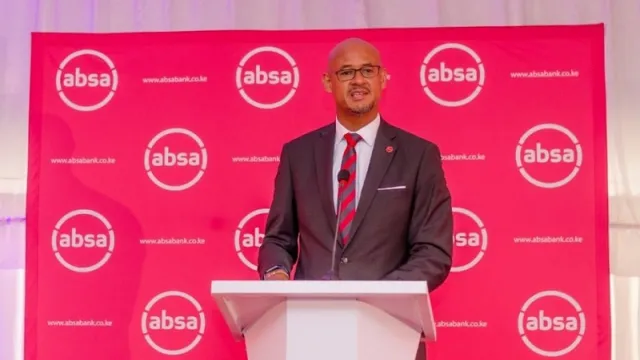Absa reports Sh1.2 billion in half-year profit, says Ksh1.7 billion invested in transition

Absa reports Sh1.2 billion in half-year profit, says Ksh1.7 billion invested in transition
Absa Bank has posted a Ksh 1.2 Billion normalised Profit after Tax (PAT) for the half-year period ended June 30th 2020. This is a decline from Ksh 3.9 billion recorded in HY 2019.
The decline is on the backdrop of increased loan loss provisions of Ksh 5.3 billion thanks to the negative economic impact of the novel coronavirus.
Absa Bank says the provisions are meant to cushion the lender from future potential deterioration in the macro-economic environment.
But the normalized profits excludes a Ksh 1.7 Billion cost which the bank says it incurred as part of the just-concluded transition from Barclays PLC and subsequent transition to Absa Bank PLC.
During the period under review, total income grew by 3% to KES16.8 billion driven by the growth of non- interest income, which was up 4% YoY.
Operational costs were down 3% to Ksh 8.2 Billion thanks to spending discipline and increased automation among other cost-saving initiatives.
Savings realized were then pumped into investments in digitization.
Customer deposits grew 8% to Ksh 249 Billion, while loans and advances grew to Ksh 202 Billion up from Ksh 187 Billion during a similar period last year.
During the period, Non-Performing Loans (NPLs) stood at 8% which is well below the industry average of 13.1%.
Despite CBK backed waivers on digital transaction fees, Non funded income grew from 5.2 Billion in HY 2019 to Ksh 5.5 Billion during the first 6 months of 2020.
Capital and liquidity ratios remain strong with sufficient headroom above the regulatory requirement; total capital adequacy ratio at 16.7% and liquidity reserve position at 39.1% against the regulatory limits of 14.5% and 20% respectively
CEO Jeremy Awori says that the bank has so far restructured customer loans worth Ksh 57 Billion to cushion customers from economic shocks of the ongoing COVID19 pandemic.
“The fortunes of the banking sector follow those of its customers and the broader economy and therefore 2020 will be a tough year for the sector”, Said Mr Awori.



